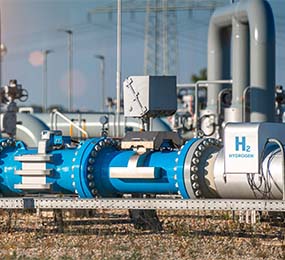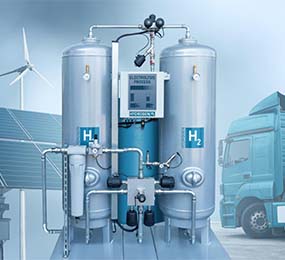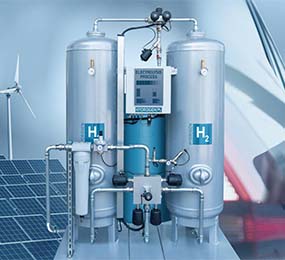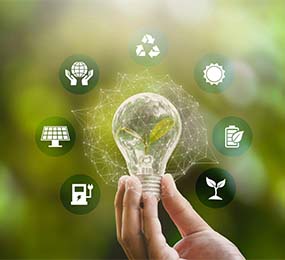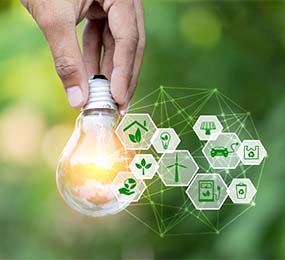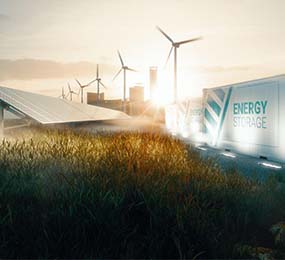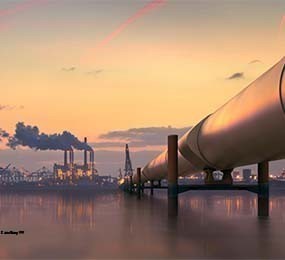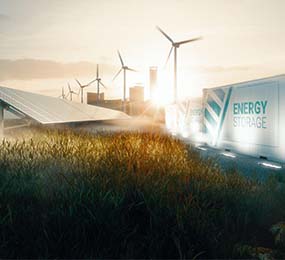Future Fuels and Circular Economy: Creating a Sustainable Fuel Cycle
Future fuels and the circular economy are integral to creating a sustainable fuel cycle that mitigates climate change and promotes environmental stewardship. The circular economy model aims to maximize resource efficiency and minimize waste by reusing, recycling, and repurposing materials. Applying this concept to fuel production involves utilizing waste products, carbon dioxide, or renewable resources to create alternative and cleaner fuels.
One promising avenue is the production of synthetic fuels, such as hydrogen or synthetic methane, through renewable energy-powered electrolysis or carbon capture and utilization (CCU) technologies. These fuels can be used as low-carbon alternatives in various sectors, including transportation and industry.
The circular economy approach also encompasses waste-to-energy processes, converting organic waste into biogas or biofuels, further reducing emissions and promoting resource utilization.
By integrating future fuels and the circular economy principles, we can close the loop in the fuel cycle, reducing reliance on finite fossil fuels and minimizing environmental impacts. Embracing these innovations will be crucial in achieving a sustainable and resilient energy future while mitigating the adverse effects of climate change.
Visit our website to know more: https://www.leadventgrp.com/events/future-fuels-europe/details
For more information and group participation, contact us: [email protected]
Leadvent Group - Industry Leading Events for Business Leaders!


